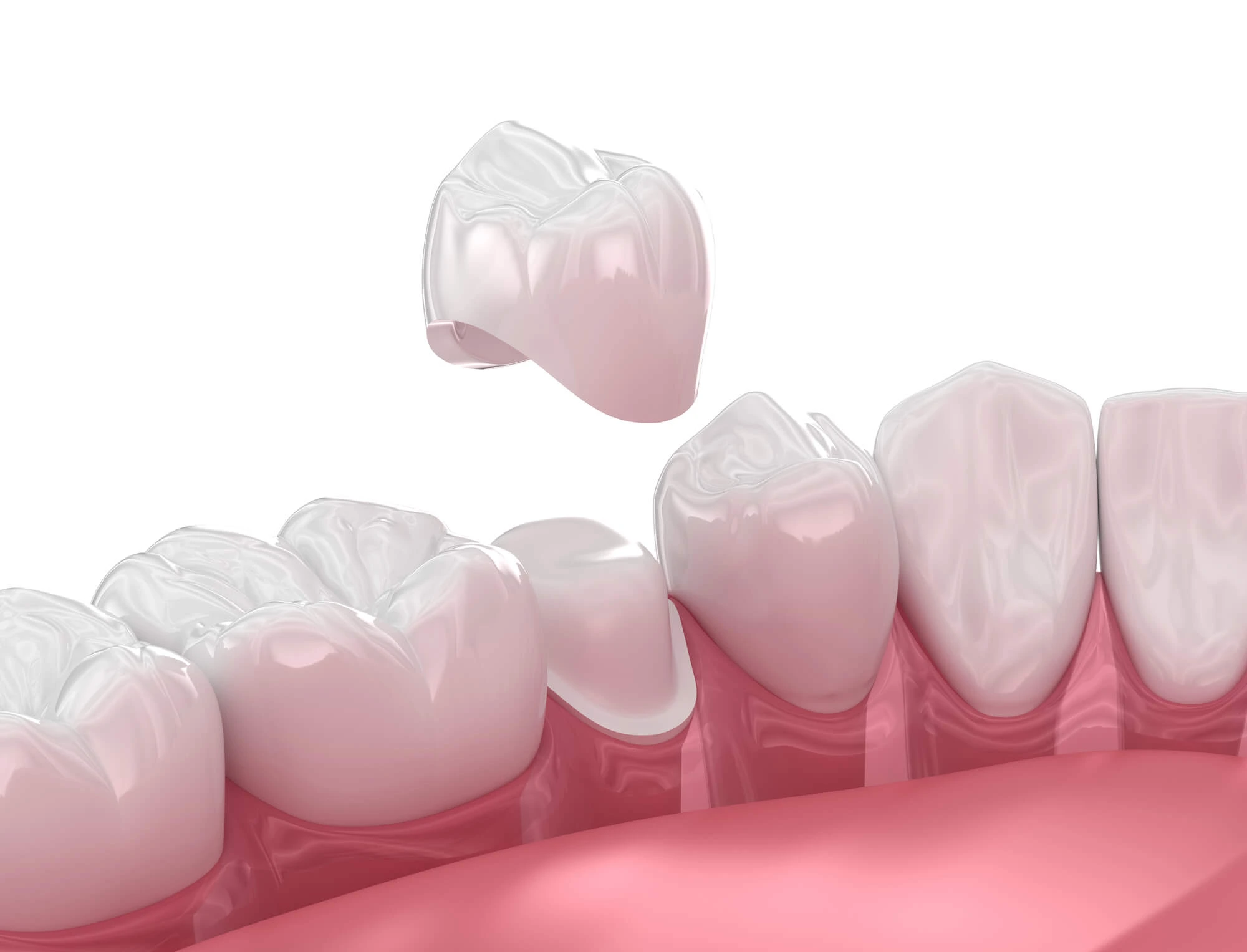When You Need a Dental Crown (And When You Don’t)

Dental crowns in Randolph, NJ, are a common restorative solution. They help strengthen a tooth after a cavity has compromised its structure, protect a root canal, and also conceal imperfections to achieve a more cohesive and attractive smile.
But many patients understandably wonder: Do I really need one? The truth is that dental crowns are essential in some cases, but not always. Understanding when a crown is necessary and when other options might be available can help you make informed decisions about your oral health.

What Is a Dental Crown?
A dental crown is a tooth-shaped cap placed over a damaged or weakened tooth. Its purpose is to restore strength, shape, and appearance, essentially acting like a protective helmet for your natural tooth.
Crowns can be made from porcelain, ceramic, metal, or a combination of materials, each offering different levels of durability and natural looks. Additionally, crowns can be crucial in various circumstances, such as:
A Severely Decayed or Damaged Tooth
If a tooth has extensive decay or a large portion has broken off due to trauma, a filling may not be enough to support it. A key indicator that dentists pay attention to is whether or not the walls of the tooth have been compromised.
Composite filling can restore a damaged tooth, but it cannot offer the strength needed to repair two or more lost walls. In these cases, a crown provides full coverage and long-term stability.
Following a Root Canal
Teeth that undergo root canal treatment become more brittle over time. That’s because, alongside the nerves, blood vessels are removed, which provide essential nutrients to the bone and help nurture the area.
When this is removed during endodontics, a crown helps protect the tooth from cracking or further damage.
Cosmetic Restoration
Crowns aren’t only a restorative procedure: they can be used for cosmetic reasons, too.
Crowns cover misshapen, discolored, or poorly spaced teeth—especially when other cosmetic procedures aren’t sufficient—resulting in a more harmonious and improved smile.
When You May Not Need a Crown
While dental crowns offer many benefits, not every dental issue requires a crown. Some cases when a less invasive or more conservative option may be considered include:
Minor Decay or Small Chips: A simple filling or bonding may be sufficient.
Cosmetic Concerns Only: Teeth whitening or veneers may be better alternatives if the tooth is structurally healthy.
Preventive Repairs: In some cases, your dentist may suggest monitoring a worn or cracked tooth rather than immediately placing a crown, especially if it's not causing symptoms.
What Should You Ask Your Dentist?
Before agreeing to a crown, it’s important to have a clear understanding of the reasoning. Here are five questions to ask:
- Can you show me on the X-ray or intraoral photo why I need a crown?
- Are there less invasive options I can consider first?
- What happens if I wait or delay treatment?
- Do I need a root canal before getting this crown?
- Is this crown replacing an old filling or something else?

Do You Need a Dental Crown in Randolph, NJ?
Dental crowns play a vital role in protecting and restoring teeth. However, they’re not always the first or only option. If you're unsure whether crowns are the right procedure for your smile, talking to a trusted dentist at Smith Family Dentistry can help bring you peace of mind.
Contact us today and let’s determine what’s best for your individual needs—not just a standard procedure.




